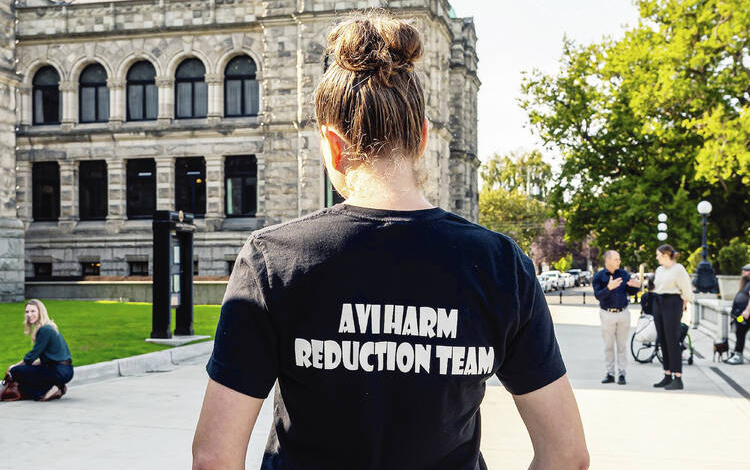Sure, but is this all that different from the existing dynamic for paramedics? They routinely go to calls that can and sometimes do turn in our direction, and by and large have it pretty figured out when they should have us on hand and when not, and how to step back and call for the assist. Sometimes it doesn’t go well and we’re on scene later than we all would have liked. But we’ve probably also both been to calls that probably would have gone better without us there.
A medical-first mental health crisis approach won’t be a one-size-fits-all (and of course I know you’re not suggesting anyone views that way), but it will probably be one of the better tools in the toolbox a lot of the time- and may free us up for other things we’re more suited for.
Totally agree, for those calls that come in as medical calls (which cops typically don't roll on anyway), but for those that go directly to law enforcement at the call taker stage, we all know that the working information can range from fairly detailed to yelling and crashing noise in the background. This is something many advocates don't understand; they somehow seem to believe that there is a complete and clear understanding of the nature of the call.
Some areas are piloting joint police-social worker/nurse response teams under a variety of parameters. Some teams are initial responders and some only go in as backup to the initial car. It can have better success in urban areas where the both the 'cop density' and call volume is higher and they can pretty much be dedicated to domestic/disturbance/MH calls. In more rural areas where there are fewer cops and more geography, they run the risk of being tied up on another call because you simply can't justify holding them in abeyance while everybody else takes all the other calls.
From some things I have heard, some teams struggle with the dynamic between the member and civilian worker, because they are now responsible for the safety of the worker if things go really south. So far, I am not aware that any have been through the civilian oversight wringer.
Some advocates call for a response that is completely separate from law enforcement, but don't seem to consider what happens when, in spite of everybody's best efforts, the incident goes sideways and law enforcement is needed, just now with more people involved. Some of those who advocate for this also want to see it extended to domestic violence incidents, which always struck me as odd because it is many of these same groups who want charges laid.
Anything proactive where people are involved before the crisis is welcome. That’s the missing piece. A couple nurses and volunteers ensuring people have access to services and are there early when they “go off their meds” would go a long way to reducing the crisis contacts for police. Which is what we need. Stop letting it turn into a crisis that needs “deescalation”.
Absolutely, and if such a system worked independently of emergency services, then great. They can have their own comms, transport, command and all the other things that go along with running a 24/7 operation.
If such a system were in place and operating effectively, I would be suspicious of how the politicians would respond. Law enforcement would no doubt want to keep the same staffing to do other things, improve response, improve working conditions, etc. while politicians would want to say 'we've reduced your calls by x% so you budget should go the same way.





